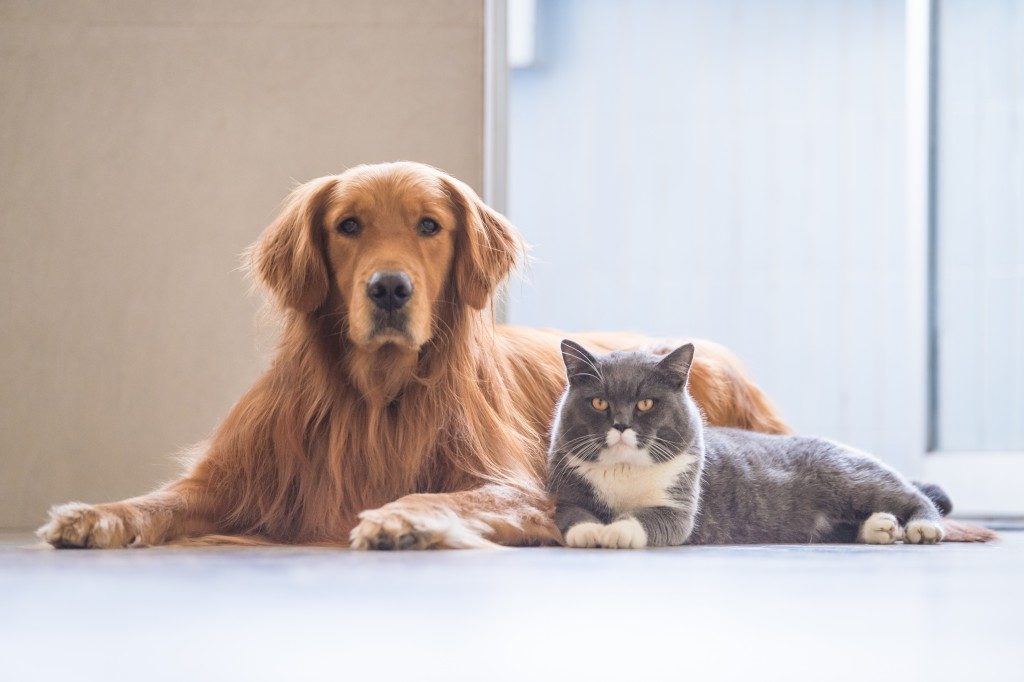Pets are our companions that can brighten up our day after a long day at work. ; Most of the time, we usually train our pets at a very young age, and they often see us as “parents” that will give them care and attention. However, puppies and kittens are also quite vulnerable to different types of diseases.
One of the most common and severe diseases that can affect puppies, in particular, is the parvovirus. Usually, there are several ways that a puppy can get the parvo, and this will often lead to a variety of symptoms such as vomiting, dehydration, and diarrhea. In more extreme cases, this could lead to death if not adequately treated.
Right off the bat, we want to let you know that there is no recorded cure for parvo, and vets can only treat the symptoms of such as disease. When your puppy is recovering from the virus, it’s important that you give them adequate attention.
Recovery
A puppy that’s still recovering from the parvovirus will require more special treatment. Most of the time, the virus will leave most of the puppy’s body weak, so it’s imperative that care is facilitated for a successful and full recovery.
But when a puppy just had their parvo shot, that doesn’t make them instantly invulnerable to the virus. In fact, they might still be a “carrier” for the next few weeks. Thus, it’s important that we follow the rules and precautions during the recovery process of these puppies. Here’s what can you can do.

Exercise
Right after your puppy has been attended to by a veterinarian, they’ll start recovering. Still, it’s important to consider your puppy as contagious for four weeks. Thus, it’s important that most owners restrict the movements of their puppy to a few key places that don’t necessarily have other puppies that are present.
When your puppy is in the recovering process, they’ll require a good amount of exercise for them to regain their strength back. Fortunately, there are dog trainers that are able to help rehabilitate dogs and get them on their feet. When dogs get sick, they might feel extreme emotions of helplessness, fear, and anxiety. Not only will training make exercise fun for these dogs, but it can also help them recover.
Medication
Right after returning home, your puppy should be finishing up on their antibiotics, which are usually used to treat diarrhea and dizziness that your puppy might be feeling. It’s crucial that you ensure that your puppy should be given proper doses of medication that should be observed at the right time. Most pet owners might get complacent when they see that their puppy seems fine, but it’s still important to regularly give them their medication.
Your puppy is still recovering from a lot of damage in their digestive system, so you might be seeing stool that might seem a little loose or even no stool in the span of a few days as their digestive system recovers.
Usually, the stool will start to become firmer in the span of a week after recovery. Your puppy should be active, but they’ll still need to have some training on their motor skills and their behavior.
Still, most of the medications that are being used will have changes to the puppy’s current state of mind, and there’s going to be a chance that they might become depressed. Thus, you might want to consult with a professional if you see severe changes in the behavior.
Diet and Sustenance
Lastly, your puppy will need a good amount of nutrients and calories to get back on their feet. Most of the time, they’ll have a really high appetite; that’s a result of going for a long time without food. Although this might seem good, this can inadvertently lead to health risks when they start overeating more than they should eat, which can often lead to diarrhea.
Instead of giving them their normal meal plan, you can start by giving them smaller portions of their meal for an hour before having to give them another set of meals in the next few intervals. After you’re quite sure that their digestive tract has already recovered from most of its damages, you can start gradually increasing the food portions to that of the normal meal plan that they usually have. This will help get their body up-to-speed with other puppies.
There are going to be times that you’re not quite sure about what you should feed your puppies; that’s fine; most will take some time to get used to their diet. Most would suggest sticking to the diet that’s recommended by an expert. There’s bound to a prescription diet that will be delivered to your house or home-cooked. But the general rule of thumb is that the good should be easily digestible for the puppies.
When your puppy is recovering, this might take some time, and you shouldn’t rush things. The parvovirus is one that will specifically target the intestinal tract of dogs, which makes them quite severe. Just like any wound, the digestive system of your puppies will heal over time. It’s important to be there for your puppy when needed and give them the necessary amount of care that they need.









